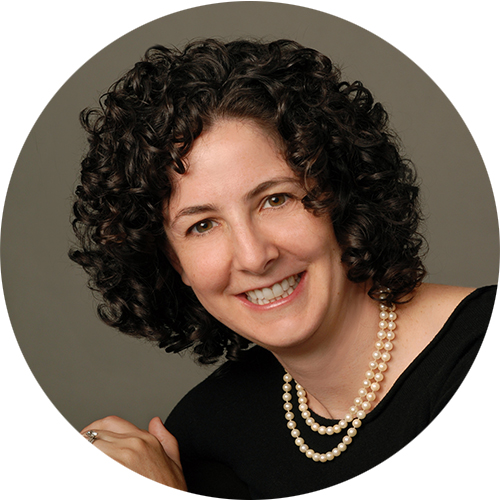In this “Covid-19 and the Social Sciences” essay, Julia Lynch asks how social inequality affects government’s ability to deal with the Covid-19 crisis. She argues that social inequality makes pandemics more severe not just for the most vulnerable, but for the whole of society. Lynch notes that many of the preexisting conditions that increase the severity of Covid-19—medical and not—are consequences of social inequality and that this same inequality will likely prolong the pandemic. She insists that additional income support and personal protective equipment guarantees in the short term, as well as a more equal distribution of income in the long term, are required to mitigate social inequality, lowering society’s vulnerability to a global pandemic like Covid-19.















